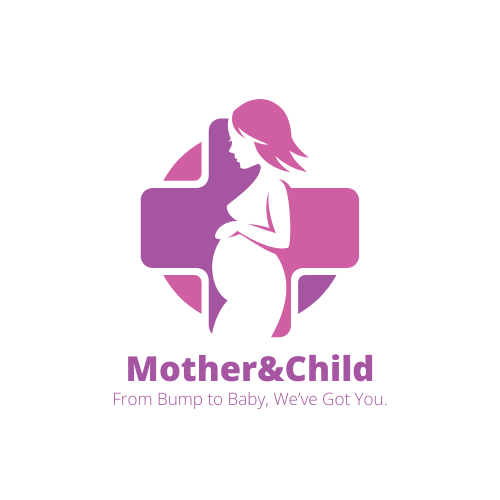🎯 Learning Objectives
By the end of this lesson, learners should be able to:
✅ Identify harmful practices often used in managing newborn jaundice
✅ Understand the risks and long-term effects of these practices
✅ Offer culturally sensitive alternatives based on medical guidelines
✅ Know when and how to refer for urgent care
🚨 Common Dangerous Practices (and Why They’re Harmful)
❌ 1. Giving Sugar Water or Glucose Solution
“To flush the baby’s system” or “Give energy when milk is not enough”
🔴 Reality:
-
Sugar water can fill the baby’s stomach, reducing breastmilk intake
-
Delays the removal of bilirubin through stool
-
Increases the risk of dehydration and infection
📚 WHO guidance: Babies under 6 months should be exclusively breastfed — no sugar water or herbs
🔗 https://www.who.int/news-room/fact-sheets/detail/infant-and-young-child-feeding
❌ 2. Applying or Feeding Traditional Herbs and Remedies
Examples: Palm oil, charcoal water, bitter leaves, herbal concoctions, “native doctor” medicines
🔴 Reality:
-
No scientific proof that any of these clear bilirubin
-
May harm liver or kidneys, worsen jaundice, or lead to sepsis
-
Delays access to proven medical care like phototherapy
📖 Nigerian research (2023): 41% of jaundiced babies who received herbs had longer hospital stays and higher risk of brain damage
🔗 https://doi.org/10.1371/journal.pone.0217040
❌ 3. Delaying Medical Care or Waiting Too Long
“Let’s watch and see if it goes away”
“She’ll be fine – all babies get yellow”
🔴 Reality:
-
Early jaundice (within 24–48 hours) may signal serious causes (e.g. blood incompatibility, sepsis)
-
Delay beyond Day 3 can cause kernicterus — a permanent brain injury
-
Rural and informal caregivers often refer too late, after symptoms like seizures or coma start
📚 Reference:
-
WHO: Early detection and referral saves lives
🔗 https://www.who.int/publications/i/item/9789240049072
🧠 Summary Table – Myths vs. Medical Reality
| Dangerous Practice | Why It’s Risky | What to Do Instead |
|---|---|---|
| Sugar water | Delays breastfeeding, increases jaundice | Breastfeed more often |
| Herbal concoctions | Toxic to liver/kidney; no proven benefit | Avoid and seek medical help |
| Late hospital visit | Misses early treatment window | Refer on Day 1–2 if yellow |
| Stopping breastmilk | Removes best natural detox | Encourage exclusive breastfeeding |
| Waiting for “cleansing rituals” | Causes fatal delays | Combine cultural care with medical referral |
💬 Culturally Aware Counseling Tips for CHWs
“Mama, I know many elders recommend sugar water or herbs, and they mean well. But new science shows that breastmilk and early medical care are best. If we act early, your baby will recover quickly — no shame or guilt.”
✅ Use visuals like jaundice charts
✅ Share success stories from other mothers
✅ Offer CHW follow-up or hotline numbers
🌍 Real Story: Uganda
A mother in Mbale applied herbal paste on her newborn’s body for 2 days. The baby became lethargic and had seizures. At the hospital, doctors diagnosed kernicterus. CHWs now use that case to teach about early referral and exclusive breastfeeding.
🧪 Mini Quiz – Dangerous Practices
Q1. Which of the following is most dangerous in managing newborn jaundice?
A. Breastfeeding often
B. Using clean water
C. Giving charcoal or herbs
D. Covering baby with blanket
✅ Answer: C
Rationale: Herbal remedies are not effective and may cause organ damage or delay proper care.
Q2. What is the best replacement for sugar water in a jaundiced baby?
A. Herbal tea
B. Cow’s milk
C. Breastmilk
D. Glucose drip at home
✅ Answer: C
Rationale: Breastmilk helps remove bilirubin naturally through digestion and urine.
Q3. Why is early referral important for jaundice?
A. To give baby vitamins
B. To perform rituals
C. To prevent brain damage from high bilirubin
D. To weigh the baby
✅ Answer: C
Rationale: Kernicterus from delayed treatment is permanent and avoidable with early care.


